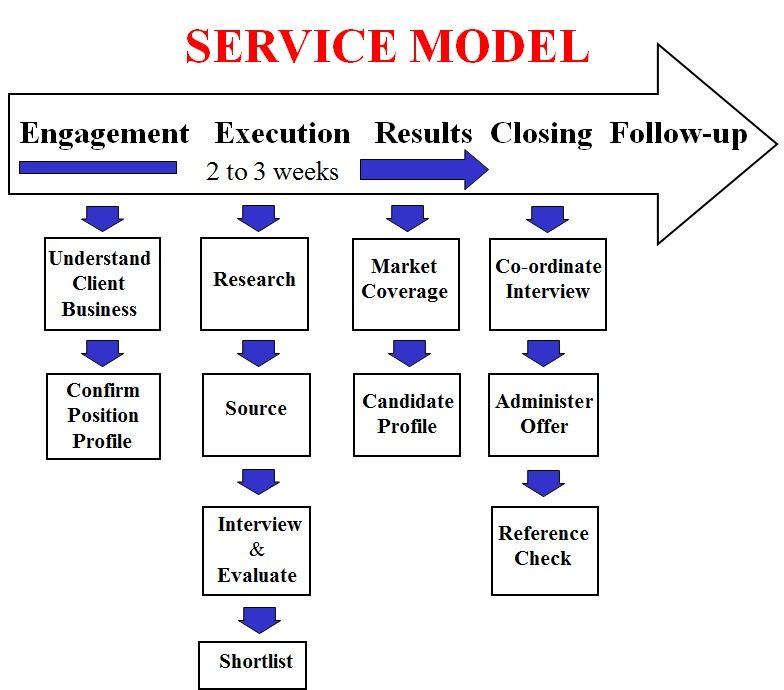By Stan Tan, MBA (email: ess@ltc-cpa.com)
 It is official. The National Bureau of Economic Research (of USA) said on 1st December 2008, that the U.S. has been in a recession since December 2007. What does this mean for us, in this part of the world, Asia?
It is official. The National Bureau of Economic Research (of USA) said on 1st December 2008, that the U.S. has been in a recession since December 2007. What does this mean for us, in this part of the world, Asia?Undoubtedly, most people get worried about how long the recession is going to last, the security of their jobs, reduction to their salaries and their abilities to service their financial burdens.
Getting worried is not going to benefit you. Rather, one should keep a clear mind (I know that is tough!), be objective and figure out the best ways to not only survive but to do well in this recession.
What are the typical behaviors during a recession? Let us list out some:
- Businesses are understandingly more worried.
- Businesses cut down on their spending.
- Businesses think about survival instead of expansion.
- Businesses scrutinize their operations more closely.
- Businesses look at cost cutting seriously.
- All the bad news in the newspapers daily: retrenchment, bankruptcy, downsizing and even suicides.
So what should you do? Worry away your life? You can take comfort from the fact that, historically, recessions come and go. Conditions undoubtedly change for the better. Businesses and people who exploit the current opportunities and position themselves for the better times ahead, will do well and be market leaders in the future.
- Businesses are understandingly more worried.
Your customers are more worried. Talk to them and explore ways to help them. What are they actually worried about: revenues, profits, overheads, costs, survival? You will be surprised that as you talk to different clients, their worries can be different even though, in general, they are all more worried.
Offer them advice and try to sway their thoughts from the pessimistic to the optimistic. Such discussions help generally as they help to eradicate the gloom, to a certain extend. Such discussions with customers will go a long way to strengthen the rapport with them as well.
- Businesses cut down on their spending.
Remember. The key message is that businesses cut down spending. They do not stop spending altogether. Businesses reduce their spending and give their business to vendors that they trust; vendors that they view as offering them value for money.
During a recession, it is critical that your company brings itself in tune with the customers. They are fighting to cut cost (not foregoing value and quality!). Can you help them manage by offering them a recession rebate until conditions improve? Do not do the wrong thing by lowering your prices! That can send a very wrong signal to your customers, especially the very good customers. They may think that you have been over-charging them all the time, plus it will be difficult to raise the prices back to the higher levels.
- Cost management
I prefer the term cost management to cost cutting. We manage our cost more carefully in difficult times. Differentiate between the needs and the wants. Better still; re-classify the needs and the wants. Some ‘needs’ in the good times may actually become ‘wants’ now. Once this is done, forget about all the ‘wants’. For example, in good times, your staff will consider a PC with more functionalities as a need because of the increased work-load. During the current difficult time, can that PC be ‘downgraded’ to a ‘want’ instead?
Many companies use such difficult times to downsize by retrenching. It may be prudent to use retrenchment as a last resort. Why? Because it can be conservatively estimated that it costs a company more than S$100,000 to replace a manager in term of recruitment, training, lost production and opportunity cost. Unless your company is 100% sure that the staff is definitely no longer required for the long foreseeable future, it would be prudent to utilize other cost management methods such shorter work-hours or going on mandatory vacation. Retrenchment can lead to low morale (which can be already low in such situation) and diminish the company’s reputation as a good employer!
- Scrutinise your offerings.
Customers’ needs and focus may shift during difficult times. Like you, they are going to focus on only their needs. Fad items are out. Think of ways to help your customers whenever possible, be flexible and tailor your services to suit their needs for the current time. New offerings and corporate image are out; superior value and price performance are in.
-Manage your marketing.
It is not advisable to stop all your marketing activities altogether! On the contrary, companies should market harder to position themselves as the customers’ best help to get the best value for their money, reduce cost and to do well in the recession.
In fact, companies should use such time to negotiate for a better price with your marketing agent and lock in the favourable prices. Adjust your marketing message to focus on value for money, superior value and price performance for your customers.
-Manage your customers.
Do not lose your customers. It enhances your company reputation greatly when you can keep your customers for a long period. Studies have shown that it costs more than 5 times to gain a new customer than to keep an existing one. Be as flexible as far as you can go and keep your customers happy. That does not mean that you should agree to a loss-making deal. Your customers who are with you long enough will be reasonable, as long as you demonstrate to them that you are giving way to meet their demand. You must always remember that you are in business to make a profit.
-Maintain your core values.
Your company is successful because of your special core values, culture and your unique selling propositions. Do not lose track of these or your foundation of your success will be undermined.
-Innovate during this difficult time.
Your customers may have special requirements during this difficult time. You can work closely with your customers to understand these requirements and adapt your services to suit them. Such working relationship with customers is crucial and can go a long way to cement you as their key vendor/consultant.
-Build for the future.
Do you realize that you can actually get more for less during difficult times? When times are bad, your customers are not going to pay your premium price. They go elsewhere instead.
The same goes for recruitment of employees. Potential employees do not demand higher salaries in view of the softer labour demand. Progressive companies use such time to cherry-pick good talent that may be let off by their employers. Such talent can be a real gem when market conditions recover and can help your company stay way ahead of the pack.
Who knows? Such employees may just be the ones to help your company do well and overcome this difficult situation.
Conclusion
In conclusion, recessions come and go. Like the Chinese phrase, “wei ji”, you should focus on the “ji” (opportunity) instead of worrying about the “wei” (crisis). Understand your strengths and focus on your customers’ modified requirements for this difficult time. Work closely with your customers and adapt yourself to satisfy your customers. Exploit this difficult time to position yourself for the turn-around.
You will not only survive this recession. You should be coming out of it much stronger!
++++++++++++++++++++++++++++++++++++++++++++++++++++++++++++++++++
Article by Stanley Tan, Director of ELTICI HR Consultancy Pte Ltd, a leading regional executive search firm. ELTICI HR has an established network of offices in the Asia Pacific and Europe, specializing in the search for middle-management and senior management executives and senior executive placement service.
Copyright 2008 by ELTICI HR CONSULTANCY PTE LTD, all rights reserved. This material may be freely copied and distributed subject to inclusion of this copyright notice and the author's name.
===============================================================





























 We got an email from a reputable client. One of their staff had just resigned and they needed a replacement quickly. We called the client to get more information and quickly contacted a few potential qualified candidates immediately. After discussion with the candidate, we submitted her candidate profile to the client.
We got an email from a reputable client. One of their staff had just resigned and they needed a replacement quickly. We called the client to get more information and quickly contacted a few potential qualified candidates immediately. After discussion with the candidate, we submitted her candidate profile to the client.








